I imagine, “Here I am human, here I am allowed to be.”
The service units work together with the teaching staff to implement and realize Karlshochschule’s mission statement.
We develop solutions in respectful cooperation. We take care of people and issues, engage with them and deal with them promptly. We support and accompany them on their way to their individual goal. We act not only for, but also together with the students, thus encouraging young people to act independently and responsibly. We are aware of our role as an international institution and the interculturality associated with this.
We work within defined areas of responsibility without hiding behind them – rather, we feel jointly responsible and accountable for the university as a whole. Our approach is characterized by structure, continuity and reliability. Decisions and solutions are both comprehensible and transparent and are made in an ethical context.
Our approach to new and unfamiliar things fits in harmoniously with our ongoing development. Our aim is to think ahead, take the initiative and provide impetus.
We are constantly and actively expanding our skills. We see all feedback as an opportunity to improve and challenges as opportunities for further development.
We are ready for the extraordinary.
Academic Affairs
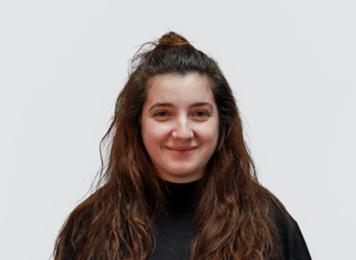
Giovanna Gaspari

Karen Lutz
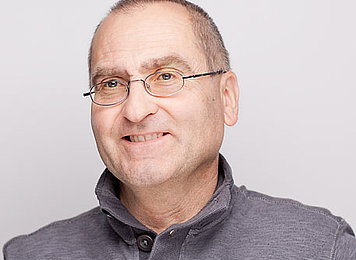
Gérard Massé
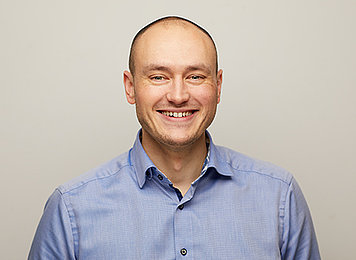
Benjamin Staudt
Library
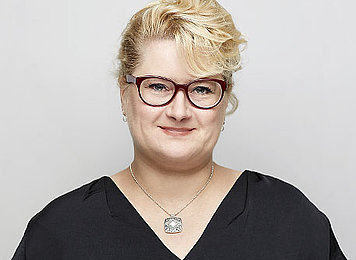
Mandy Rosenberg
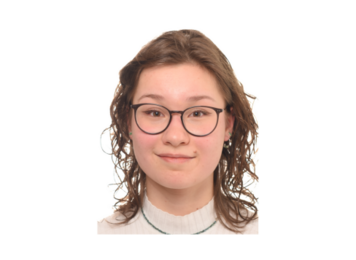
Luise Steinbrink
Customer Service
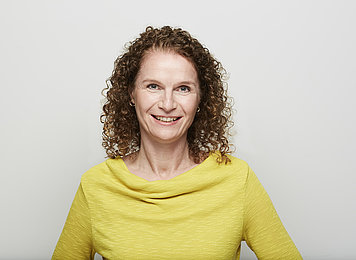
Annett Büscher
Admissions
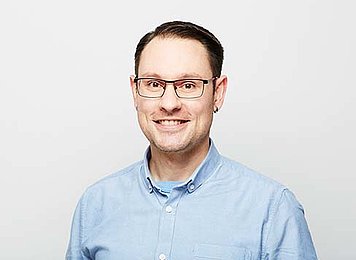
Christopher Höckl
International Office
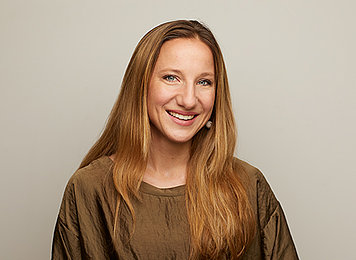
Eva Hilla de Menacho
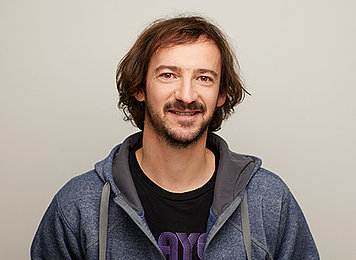
Dr. Alexander Trefz
International Foundation Year IFY / Vietnam
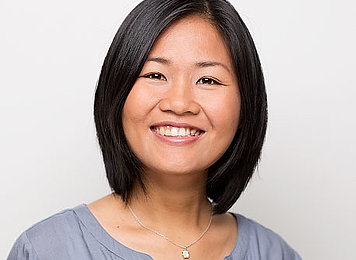
Thi Lan Anh Phan
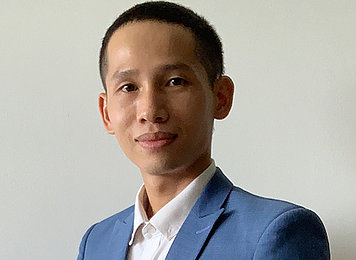
Duoc Nguyen
IT & Campus Service
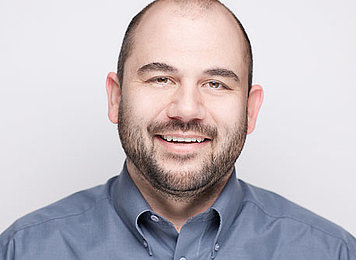
Rainer Buzengeiger
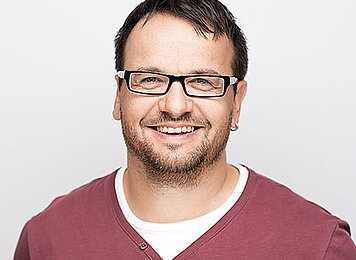
Matthias Steinbach
Human Resources & Finance
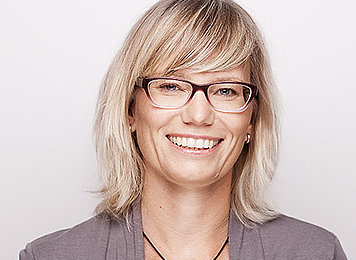
Kerstin Brandes
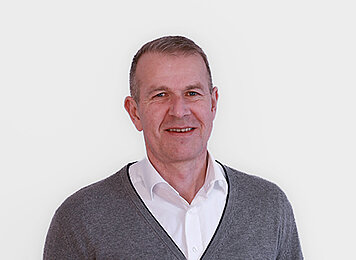
Max Bechtold
Assistant to the President

Judith Strücker
University Communications
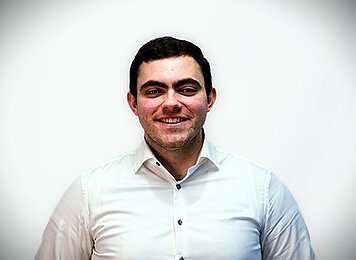
Alexander Lee

Sarah Schäfer
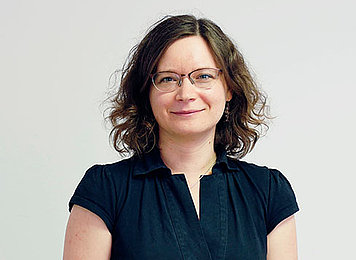
Gabriele Schultz

Laura Wittig
Quality Management/Quality Officer
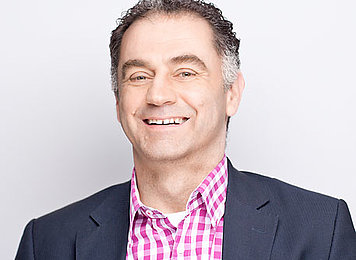
Prof. Frank Widmayer
Research Assistants/ FH-Personnel

Marcel Lemmer

Marlene May

Dr. phil. Alexander Neupert-Doppler

Ioannis Theocharis
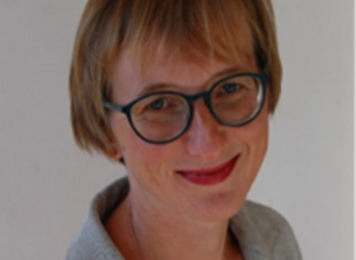
Lisa Wiedemann
